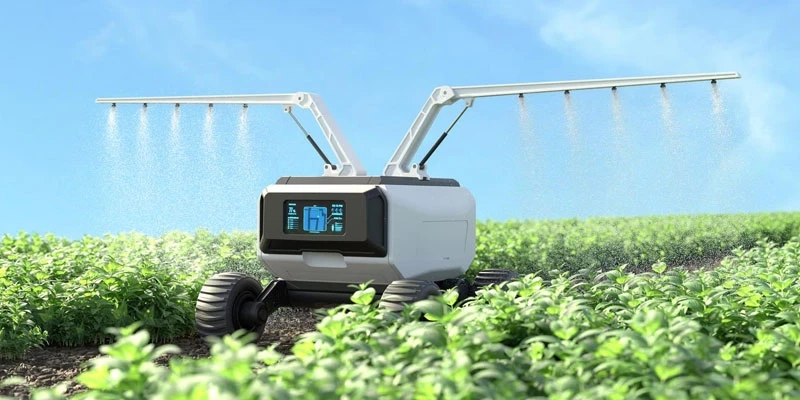
Agricultural technology is rapidly transforming farming practices in the 21st century. From improving productivity to minimizing waste, these advancements are helping farmers adapt to an increasingly competitive global market. To meet growing demands, modern farmers are turning to cutting-edge solutions like IoT, artificial intelligence, and advanced data analytics. These tools enable higher yields, better produce quality, and significant cost savings.
Smart Automation: Driving Efficiency on the Farm
Smart automation lies at the heart of today’s agricultural revolution. By reducing the reliance on manual labor, it allows farmers to focus on optimizing other critical aspects of their operations. Advanced sensors monitor soil conditions, assess plant growth, and regulate irrigation systems. For instance, automated watering systems ensure crops receive just the right amount of water, cutting down on waste while keeping plants healthy.
This approach extends beyond the field. Crop Storage Monitoring solutions use automated technologies to track temperature, humidity, and moisture levels, ensuring harvested crops remain fresh and free from spoilage. With systems like these, farms can safeguard their produce while lowering operating costs.
The Internet of Things (IoT): A Connected Farm Ecosystem
The Internet of Things (IoT) is the backbone of modern agricultural automation. IoT devices continuously gather data on water usage, weather patterns, and the performance of farm equipment. By connecting these devices to centralized smart hubs, farmers gain real-time access to essential insights. This connectivity helps them make strategic decisions, such as refining irrigation layouts or enhancing machinery through shell mold casting to improve performance.
Beyond field operations, IoT is integral to monitoring post-harvest conditions. For example, a Moisture Monitoring Solution can detect and alert farmers to excess moisture in storage units, preventing spoilage and protecting profits.
Artificial Intelligence: Transforming Farm Decision-Making
Artificial intelligence (AI) takes agricultural efficiency to a new level. Using vast datasets and advanced algorithms, AI provides actionable insights for addressing modern farming challenges. Farmers can use AI to:
- Optimize supply chains by predicting material requirements in advance
- Automate order processing for quicker turnaround times
- Schedule equipment maintenance to prevent unexpected breakdowns
- Secure sensitive data, ensuring smooth operations
By analyzing patterns and trends, AI empowers farmers to enhance productivity, reduce waste, and stay ahead in a competitive global market.
Data Analytics: Turning Numbers Into Action
Modern farms generate a constant stream of data from sensors, devices, and equipment. However, the value lies in how this data is used. Data analytics turns raw numbers into meaningful insights that farmers can use to fine-tune their operations.
Predictive analytics powered by AI delivers critical benefits, such as:
- Forecasting market demand to adjust planting schedules
- Anticipating severe weather to protect crops during vulnerable stages
- Pinpointing equipment repair needs to avoid costly delays
- Monitoring water use patterns, identifying leaks, and preventing overuse
From the field to storage units, these insights ensure that farms run smoothly and efficiently.
A Sustainable Future for Modern Farming
The future of farming is rooted in sustainability and innovation. By incorporating IoT, AI, and data analytics, farmers can reduce operational costs, conserve resources, and increase their output without sacrificing quality. Tools like Crop Storage Monitoring and Moisture Monitoring Solution ensure that every stage of production is optimized—from planting to harvest and beyond.
In today’s dynamic agricultural landscape, technology is more than a convenience—it’s a necessity. Farms that embrace these advancements will be better equipped to navigate challenges, maintain profitability, and contribute to a sustainable future.
